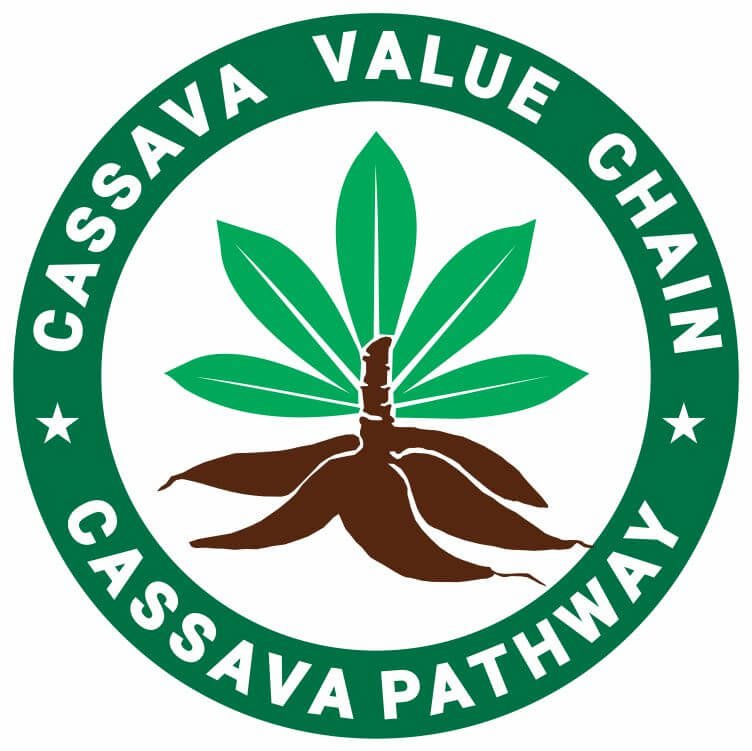Financial services play a central role in empowering cassava farmers, enabling them to enhance their agricultural practices and improve their livelihoods.
Access to financial resources is one of the most powerful tools for transforming cassava farming from a subsistence activity into a sustainable and profitable agribusiness.
At Cassava Pathway, we recognize that financial inclusion is essential for farmers to improve productivity, adopt new technologies, and scale their operations.
Our financial services and business development programs are specifically designed to bridge the funding gap and build financial confidence among cassava farmers.
By connecting farmers to loans, credit facilities, and tailored business training, we empower them to take ownership of their growth and future.
Bridging the Funding Gap with Loans and Credit Facilities
A common barrier for smallholder cassava farmers is the lack of access to affordable credit. Without funding, it becomes nearly impossible to invest in farm expansion, mechanization, or input supply.
Cassava Pathway helps farmers overcome this obstacle by linking them to microfinance institutions, cooperatives, and rural banks that offer farmer-friendly loan products.
We work with financial partners to ensure these services are accessible, flexible, and aligned with seasonal cash flow patterns.
Whether it’s purchasing improved seeds, hiring labor, or acquiring small-scale processing equipment, access to credit enables cassava farmers to invest confidently in their farms and expect returns.
Our role goes beyond connecting farmers to institutions; we help them prepare loan applications, create viable business plans, and understand repayment expectations to increase their chances of approval and long-term success.
Financial Literacy Training Tailored to Cassava Farmers
Many farmers struggle with funding access, not because capital is unavailable, but because they lack the financial knowledge to engage effectively with lenders.
That’s why Cassava Pathway provides targeted financial literacy training designed for cassava producers.
These workshops and learning sessions teach fundamental financial principles such as:
- How to create and manage a budget
- How to track expenses and income
- How to save for reinvestment or emergencies
- How to understand interest rates and debt management
We also support farmers in creating business plans, which help them define their financial needs, identify potential markets, and set clear goals for growth.
This step is essential in building credibility with lenders and other development partners.
Driving Growth Through Investment in Farm Technologies
Once cassava farmers gain access to financial support, they are empowered to invest in advanced farming technologies that improve productivity.
This includes acquiring improved cassava varieties, mechanized equipment for land preparation or processing, and precision farming tools.
With adequate funding, farmers can scale their operations, reduce manual labor, and produce higher-quality cassava products for local and international markets.
The result is not just more yield, but better yield, allowing farmers to command better prices and improve their livelihoods.
Fostering Entrepreneurship and Value Addition
Cassava farming doesn’t end at the harvest. Through financial services, farmers are encouraged to think like entrepreneurs, identifying opportunities for value addition and diversification.
This could mean processing cassava into flour, starch, or chips, or launching side businesses that support the local cassava value chain.
Cassava Pathway supports the development of cooperative groups, helping farmers pool resources, process collectively, and access larger markets.
By doing so, we nurture a generation of farmer-entrepreneurs capable of growing businesses that benefit both families and communities.
Building Sustainable Business Skills for Long-Term Impact
Our financial empowerment programs are not one-time interventions. We offer continuous support through mentorship, business development services, and market insights.
This long-term approach ensures that cassava farmers are not only equipped to grow but are resilient enough to weather economic fluctuations and industry shifts.
By developing these foundational skills, cassava farmers learn to manage risk, plan for the future, and run profitable, sustainable agribusinesses.
A Stronger Financial Future for Cassava Communities
In conclusion, Cassava Pathway’s financial services and business development efforts are building a future where cassava farmers are financially literate, investment-ready, and equipped to thrive in a competitive agricultural economy.
As more farmers gain the tools to manage their operations and access capital, rural communities grow stronger, local economies diversify, and the cassava sector becomes more resilient and profitable.

